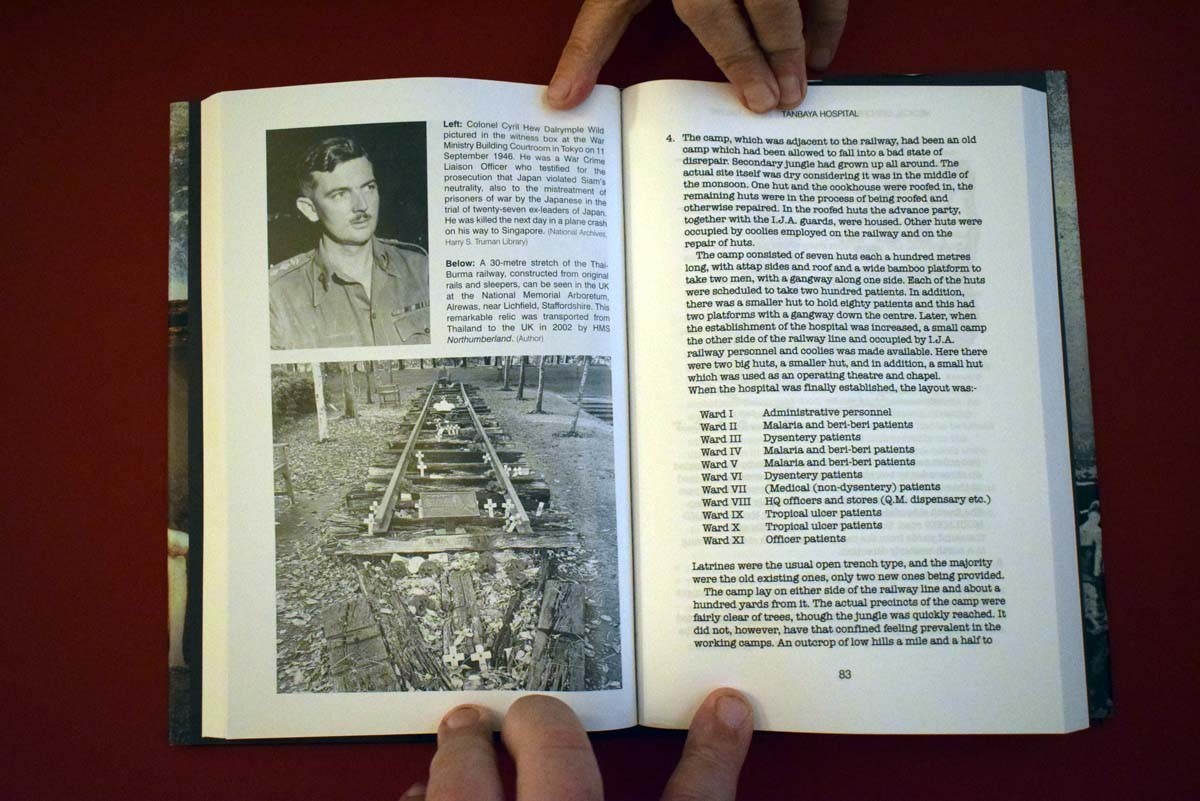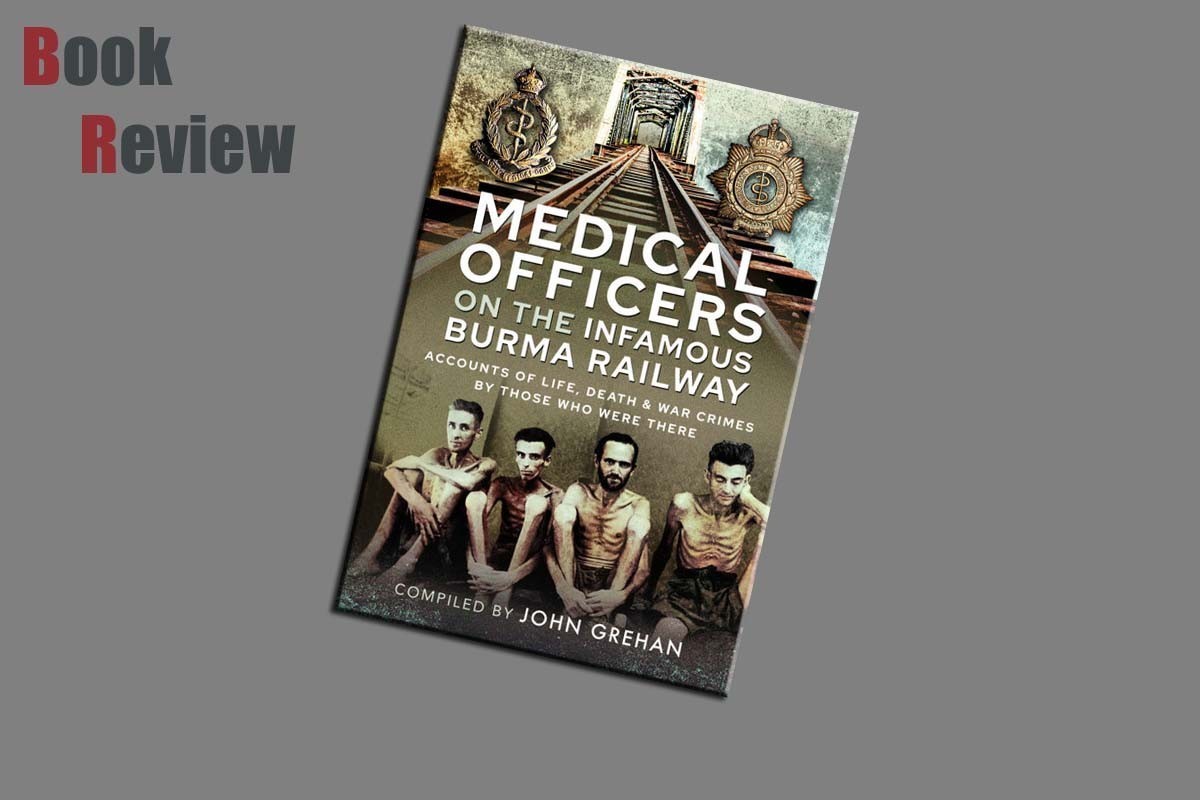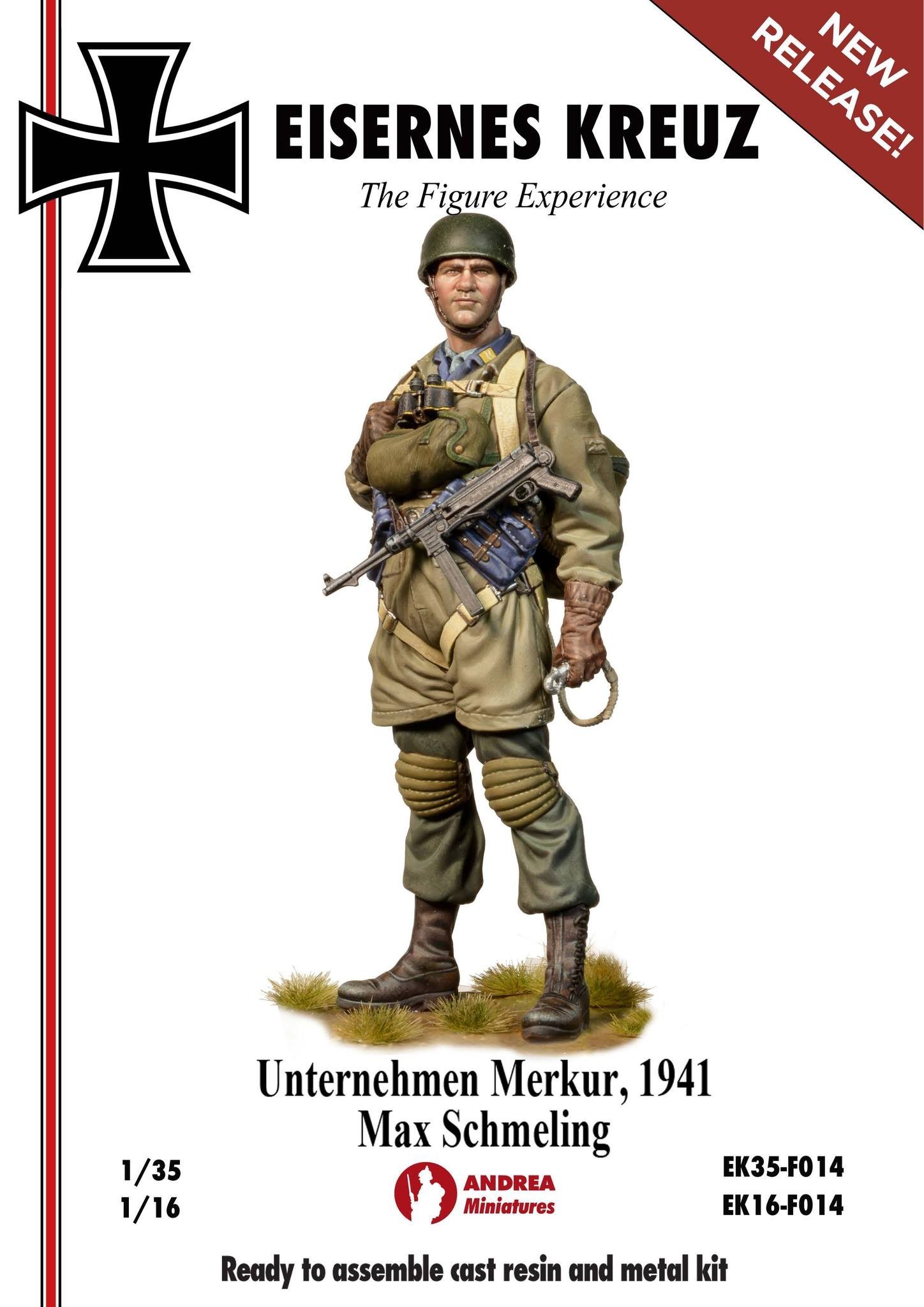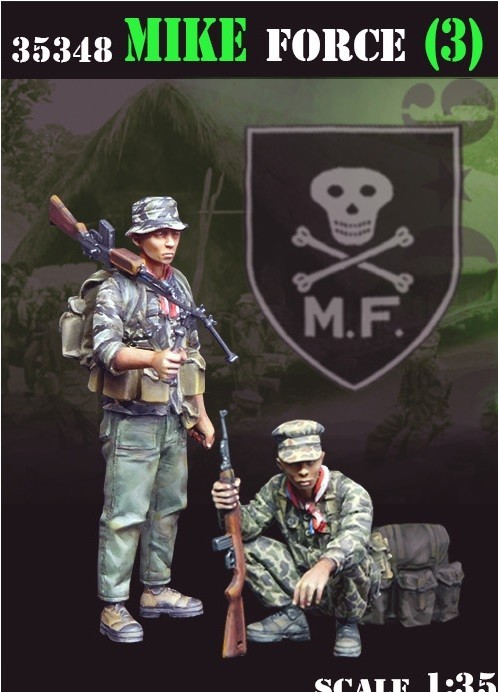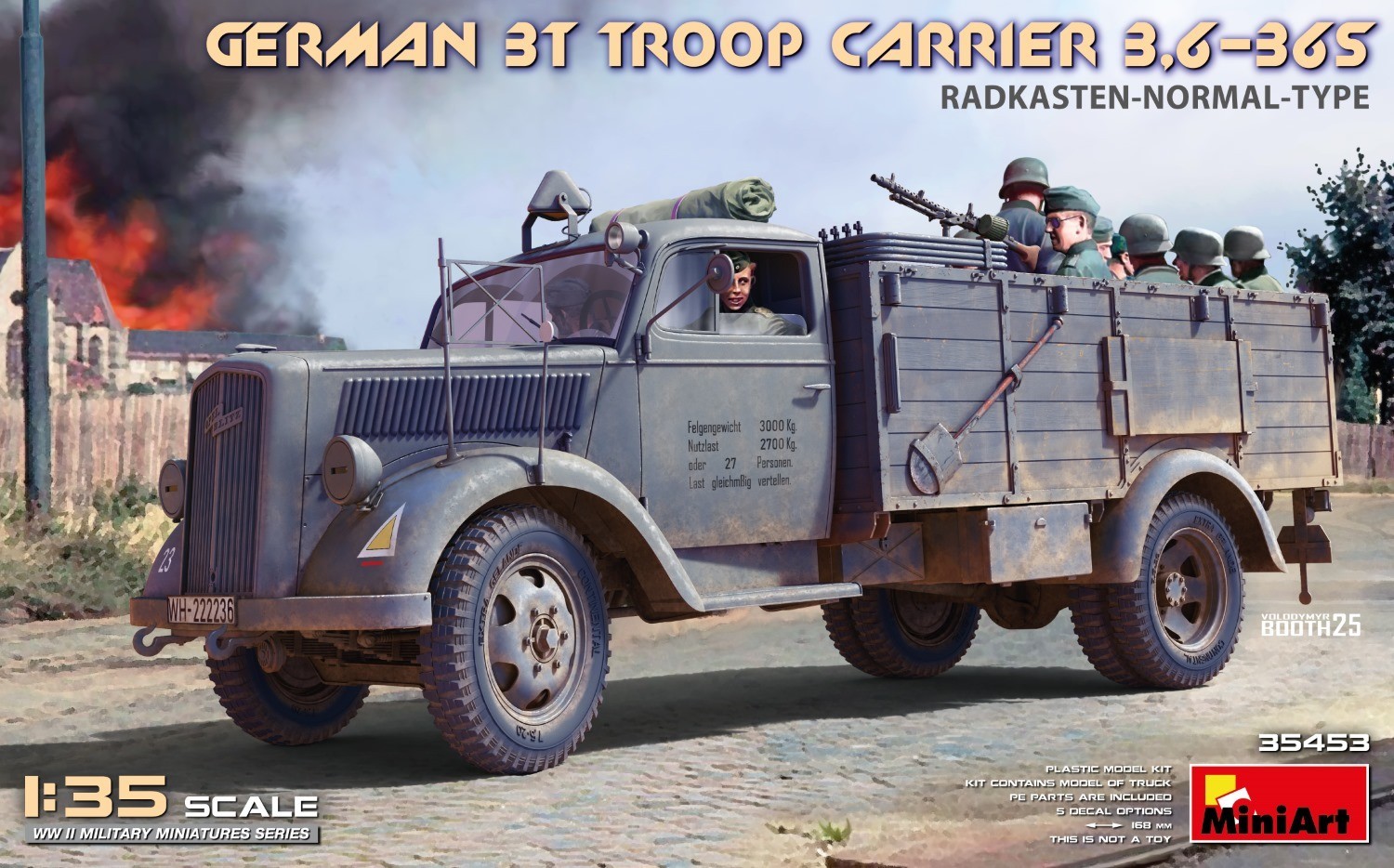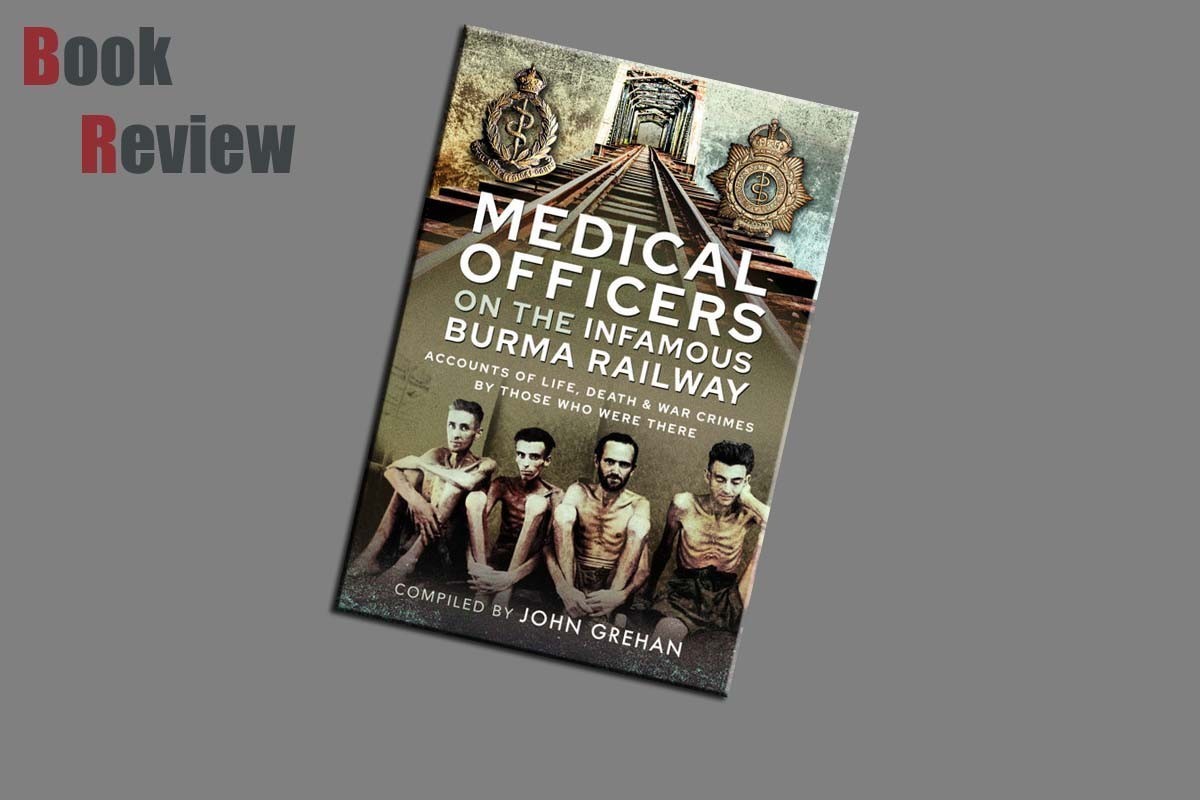
Introduction
This offering is from Frontline books courtesy of Pen and Sword. The following introduction is taken from the Pen and Sword website:
In 1944, a compilation of medical reports from the main prisoner of war work camps along the infamous Thailand-Burma railway was submitted to General Arimura Tsunemichi, commander of the Japanese Prisoner of War Administration. The authors stated that the reports were neither complaints nor protests, but merely statements of fact. The prisoners received only one reply – that all copies of the documents must be destroyed. As one officer later recalled, ‘Of course, this was not done’ and copies of these reports survived, stored away in dusty files, for future generations to learn the truth.
Work on the railway began in June 1942, the Japanese using mainly forced civilian labour as well as some 12,000 British and Commonwealth PoWs. Such is well-known. So are the stories of ill-treatment and brutality, many of which have been published. The vast majority of these accounts, however, were written after the war, coloured by the sufferings the men had endured. The reports presented here are quite unique, for they were written by the medical officers in the camps as the events they describe were unfolding before their eyes.
The health and well-being of the PoWs was the medical officers’ primary concern, and these reports enable us to learn exactly how the men were treated, fed and cared for in unprecedented detail. There are no exaggerated tales or false memories here, merely facts, shocking and disturbing though they may be. We learn how the medical officers organised their hospitals and dealt with the terrible diseases, beatings and malnutrition the men endured. As the compilers of the reports state, 45 per cent of the men under their care died in the course of just twelve months.
But equally, we find that the prisoners did have a voice and had the facilities, and the courage, to write and submit such reports to the Japanese, perhaps contradicting some of the long-held beliefs about conditions in the camps. Through the words of the Medical Officers themselves, some of the detail of what really happened on the Death Railway, for good or ill, is revealed here.
Review
This offering from Front Line books has been provided for review by Pen and Sword. This is a hard backed book complied by John Grehan and tells the stories or more accurately the conditions and illnesses that affected those POWs captured by Japanese forces and forced to work on the Burma railway. The book contains 209 pages of matt paper, with the contents presented as follows:
Introduction
Chapter 1 History of F Force
Chapter 2 Extract of a Report by Major B A Hunt AAMC
Chapter 3 Report on POW Camps 1 (Shimo Song Krai) 2,3 and 5 Visited 23rd and 24th of June 1945
Chapter 4 Report on Number 2 Camp (Song Krai)
Chapter 5 Report on Number 3 Camp (Kami Song Krai)
Chapter 6 Report on Number 4 Camp (Konkoita)
Chapter 7 General Report on Conditions at Number 5 Camp (Changaraya)
Chapter 8 Tanbaya Hospital
Chapter 9 Medical Report Tanbaya Hospital
Chapter 10 Report of Conditions of Prisoners of War in Thailand, May to December 1943
Chapter 11 Report by Assistant Surgeon Wolfe Imd
Chapter 12 Report on Tropical Ulcers in Tanbaya
Chapter 13 The Ward Master System
Chapter 14 Extract from the Report of Captain Wilson RAMC, Nutrition Expert with F Force
Chapter 15 Sickness and Death Rates
Chapter 16 Report on Tanbaya Hospital, subsequent to departure of main body 24, November ‘43
Chapter 17 Extract from Health of F Force, May to November 1943
Chapter 18 Selection of Correspondence, and Reports between F Force and IJA
Chapter 19 Post Script: War Crimes, Trials, Tokyo and Singapore, September and October 1946
For the most part, this book is a purely written offering but there are a few photographs roughly in the middle of the book. Despite the text covering horrific injuries and illnesses that the men suffered during construction of the Thai - Burma Railway a particularly poignant photograph for me, features a 30 meter stretch of the Thai - Burma Railway having been transferred to the National Memorial Arboretum Alerwas, near Lichfield Staffordshire. Which was transported via HMS Northumberland in 2002. It may not sound much, but looking at two rails and wooden sleepers with a large number of memorial crosses placed in commemoration that died during and following the construction of this railway - has a high visual impact in my opinion and on me.
The written information provided is provided in a very matter of fact manner, as in A B and C occurred, X number of persons died and the conditions of which they died. Along with details such as camp layout, and the types of people that were kept there. A list of the conditions most prevalent that caused death were, Cholera, Dysentery chiefly amoebic, Beri Beri, Malaria, and tropical ulcers, Scabies was also highly present. Scabies because it was not treated often lead to the formation of ulcers, which resulted in loss of limbs or death. Treatments for all of these conditions are covered and shows that many requests for these treatments were requested from the Japanese at the camps and they made requests higher up, but these were rarely if ever provided by the Imperial Japanese Army.
Conclusion
This release from Front Line Books is an unusual release, in that it tells the story in a very matter of fact way and covers the suffering of the PoW's under the Imperial Japanese Army. One aspect that surprised me was that a number of the medical reports contain information, such as the fact that the Imperial Japanese forces were open to communication with medical officers and did make attempts to obtain the treatments and medications requested by the medical officers and it tended to be the forces not directly engaged with the control of the PoW's that did not supply these items. This book does not detract from the ill treatment of prisoners, but due to the Japanese armies Bushido code where surrender was considered disgrace. You can at least have an understanding of why the PoW's situation was so poor.
